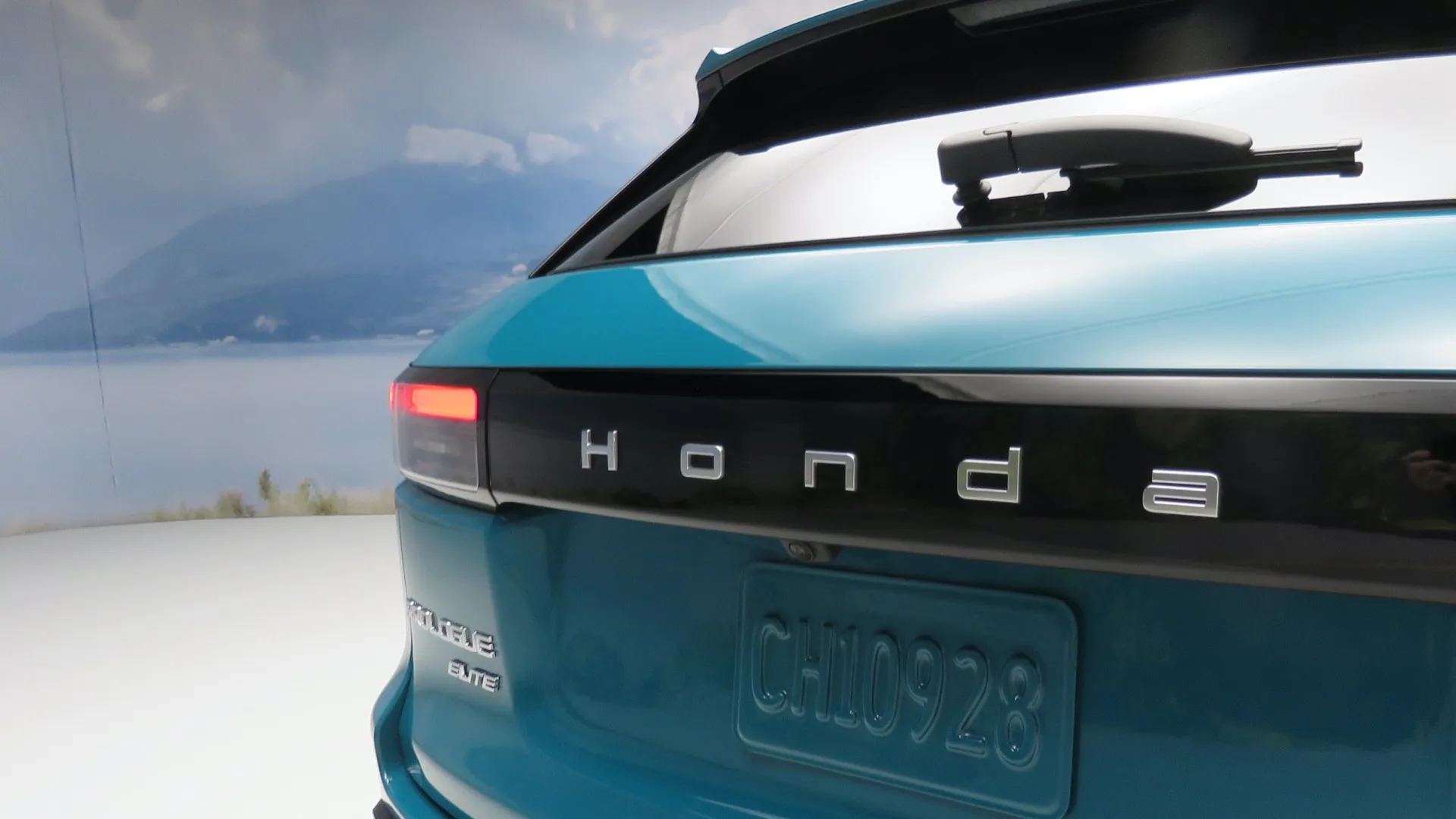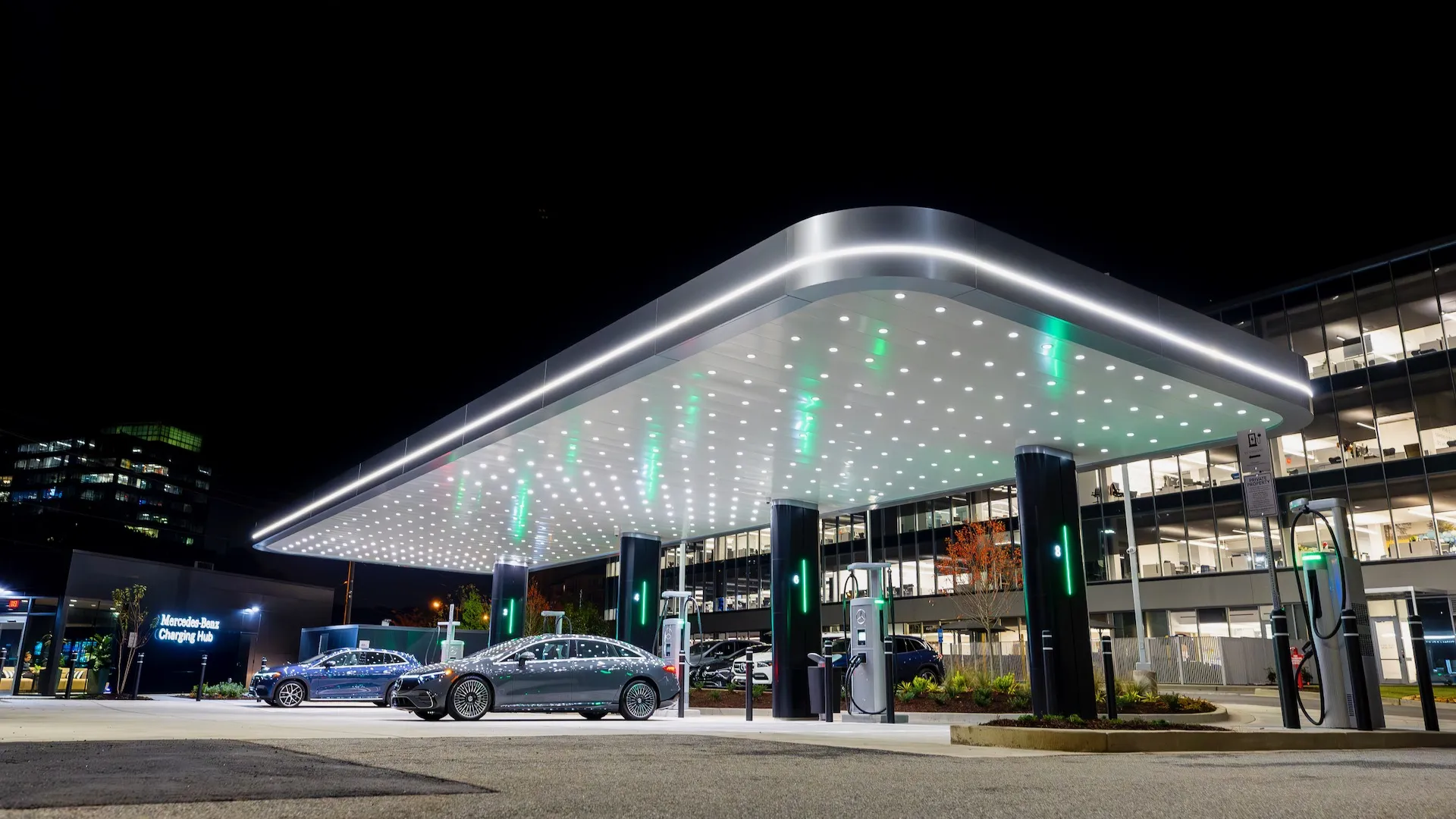Honda and GM have dissolved plans that might have resulted in millions of affordable EVs across many different models.
The two companies on Wednesday confirmed an early end to a partnership announced in April 2022, through which GM and Honda expanded their partnership to jointly develop a line of affordable EVs for both automakers based on next-generation Ultium battery tech and set to go on sale in 2027.
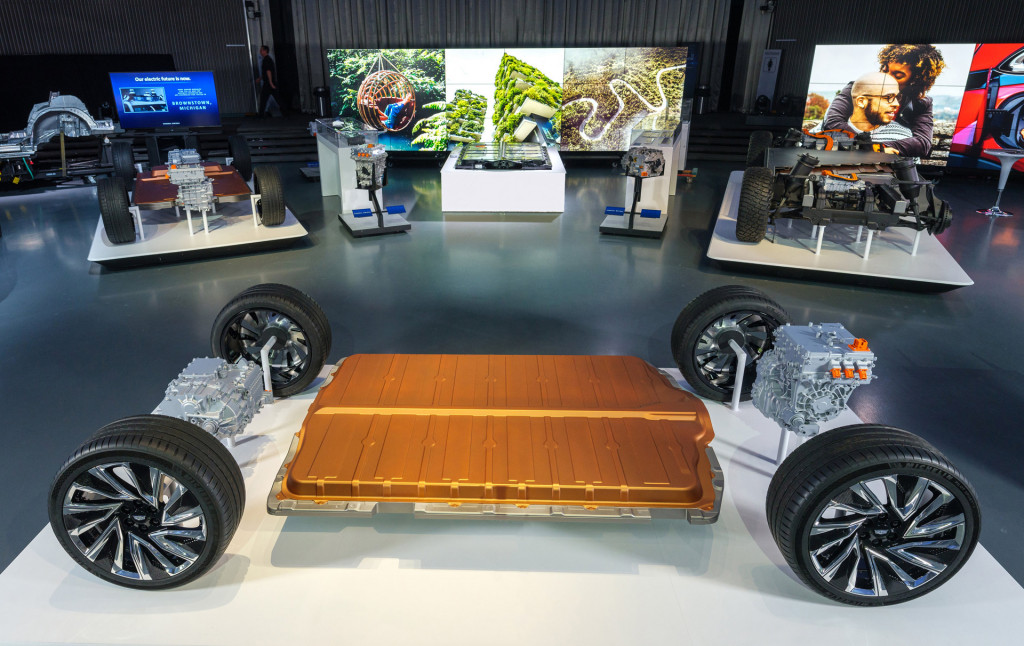
General Motors’ BEV3 platform and Ultium batteries
“Last year, we began working on an affordable EV program for global markets, which was slated for introduction in 2027. After extensive studies and analysis, we have come to a mutual decision to discontinue the program,” explained GM, in a statement provided to Green Car Reports. “Each company remains committed to affordability in the EV market.”
The news didn’t emerge with that statement, however. It appears to have been mentioned in Monday’s GM quarterly investor call, when delays for the Chevy Equinox EV and electric pickups were confirmed. In it, CEO Mary Barra referred to how “prior portfolio plans included several newly designed vehicles in the entry level segments and a capital commitment of $5 billion over the next several years.”
“GM’s focus over the next two years will continue to be on scaling the Ultium Platform and battery cell capacity, expanding a robust domestic EV supply chain, and delivering a comprehensive portfolio of EVs across categories, including lower cost models,” summed GM, in a response to Green Car Reports.
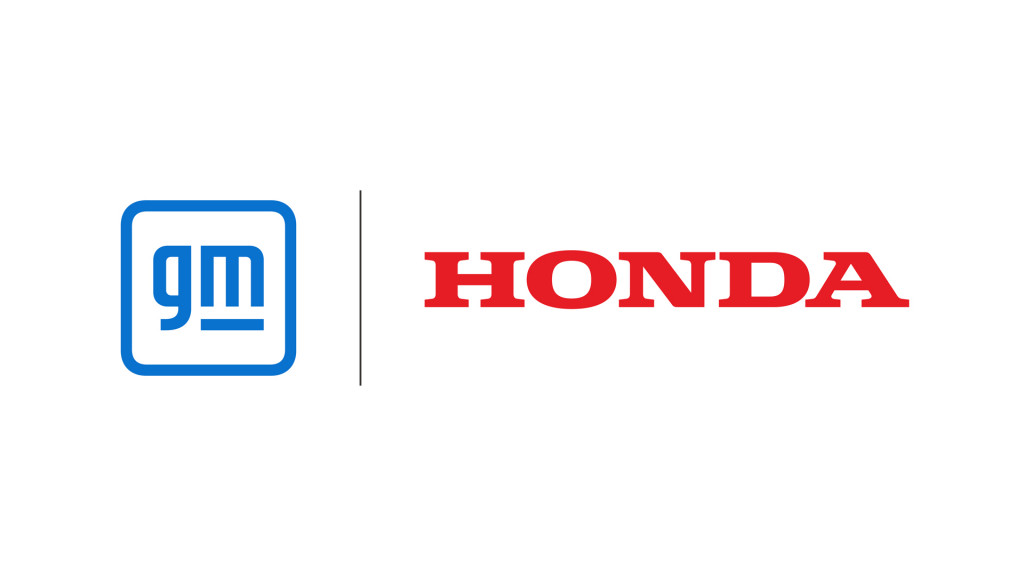
GM and Honda logos
The Honda-GM partnership had aimed to build “millions” of EVs across multiple compact segments, including a crossover.
The latest EV partnerships between GM and Honda started with a 2018 battery partnership, which blossomed into a partnership resulting in the Honda Prologue and Acura ZDX, EVs which will be built in North America starting soon and based on GM Ultium battery tech.
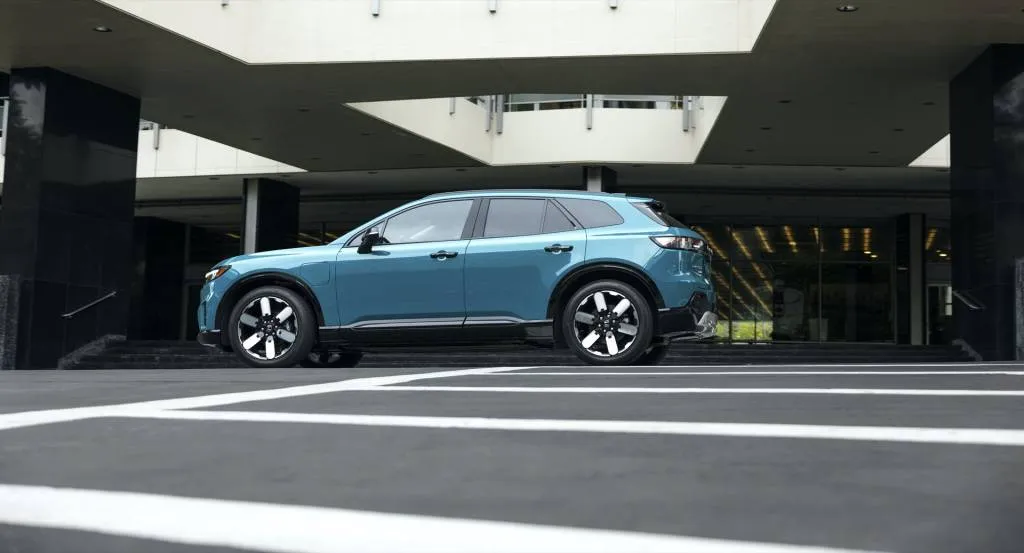
2024 Honda Prologue
Honda reported in April that it has pulled ahead its own dedicated e:Architecture for EVs, now due in 2025.
The confirmation comes just a few days after Honda, GM, and Cruise announced a plan to create a driverless ride-hailing service in Japan that will start providing service in 2026. On Tuesday, California accused Cruise of misrepresenting its technology and suspended permits for Cruise driverless vehicles testing on public roads.







